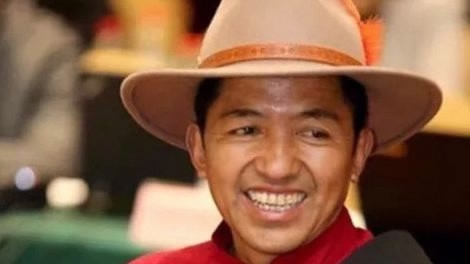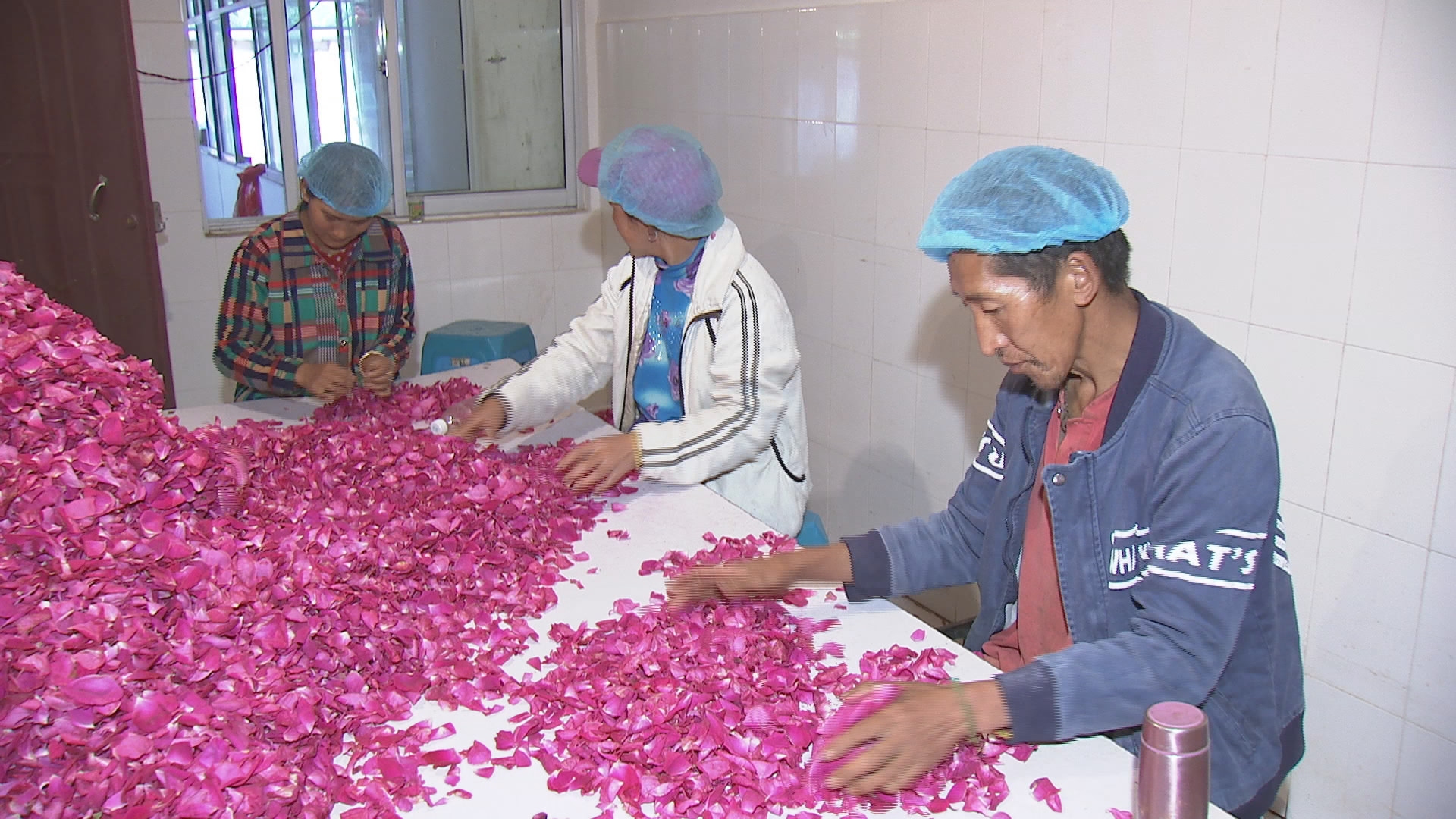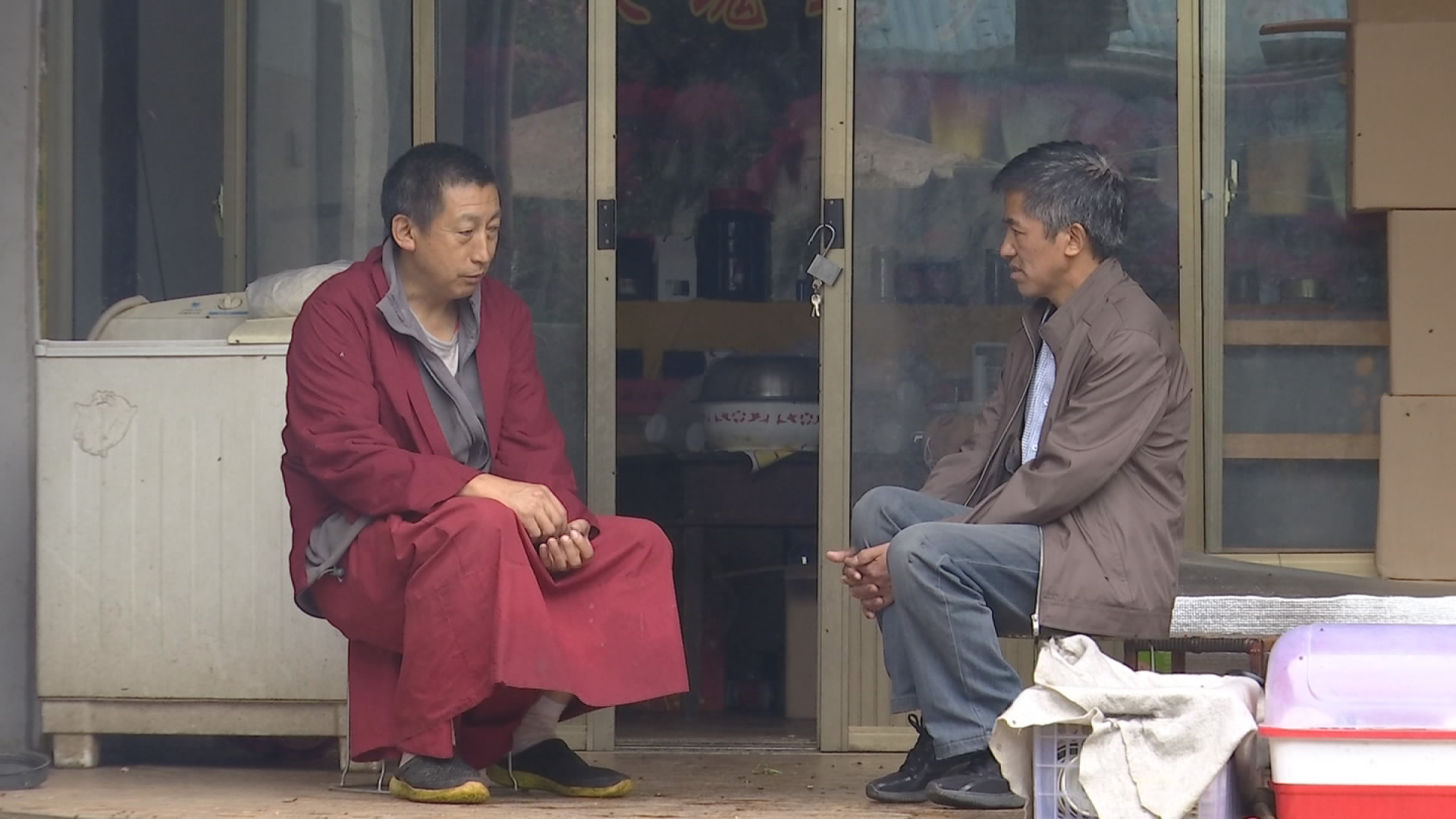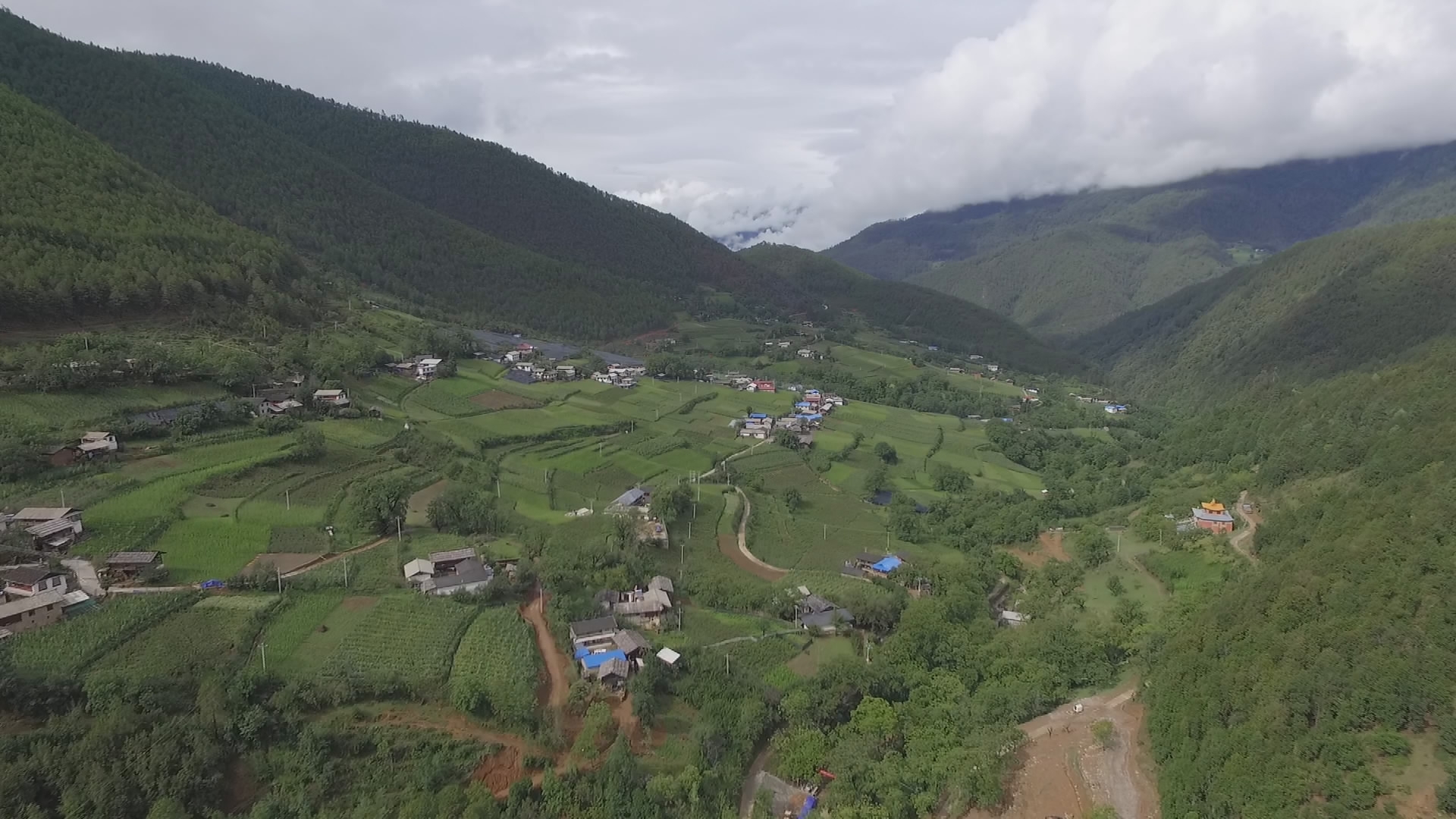
China
16:39, 23-Oct-2017
19th CPC congress delegate: He Xun
By CGTN's Yang Jinghao

Matsutake mushroom, a delicacy bestowed by nature, is a major source of income for villagers in Bazhu, a remote village in southwest China’s Yunnan Province. The credit for the annual harvest goes to the village Party chief, He Xun, delegate of the 19th National Congress of the CPC. He says that when he took the post in 1996, his biggest challenge was stopping villagers cutting down all the trees for money.

Matsutake mushrooms Bazhu villagers picked from the forests. The natural resource is a major source of income for locals. /CGTN Photo
Matsutake mushrooms Bazhu villagers picked from the forests. The natural resource is a major source of income for locals. /CGTN Photo
“I insisted on protecting the forests despite pressure from both more senior leaders and some villagers, primarily because of the threat to our livelihoods of water and soil erosion. I also realized that we would lose important sources of income like wild mushrooms and herbs if the forests were destroyed. For us, the forests are our life,” He Xun, village Party chief in Diqing Tibetan Autonomous Prefecture, told CGTN.
Now, more than 98 percent of the land here is covered by trees, and the villagers’ awareness of needs to protect this resource has grown. Thanks to the thick forests, the whole village earned more than 300,000 yuan in 2016. To diversify income, He Xun has introduced other crops that help the economy and the environment, such as medicinal herbs and edible roses.
Gerong Ciren, a local villager, told CGTN that his family used to plant wheat and corn, which was barely enough to feed the family. Last year, he earned about 16,000 yuan from growing roses on approximately 3 hectares of farmland, which is a lot better than planting traditional crops. And the flowers have also attracted a lot more tourists.

Local villagers deal with the edible roses before selling them to food factories. The flowers not only bring cash to local villagers but also bring more tourists to the small village. / CGTN Photo
Local villagers deal with the edible roses before selling them to food factories. The flowers not only bring cash to local villagers but also bring more tourists to the small village. / CGTN Photo
“General Secretary Xi Jinping once said that ‘clear water and lush mountains are invaluable assets,’ we are really turning the lush mountains into a source of financial reward,” said He Xun. Adding that he is pleased that his endeavors over the past two decades are in line with the nation’s “green development” strategy.
Over the past decades, striking a balancing between environmental protection and economic growth has been a key factor in eradicating poverty in Bazhu. While in He Xun's eyes, maintaining stability and harmony among the villagers is fundamental for the sustainable development of the small village.
There are more than 1300 villagers in Bazhu, and more than 99 percent of them are Tibetans, and scores of them are monks. The village committee has established multiple mechanisms to strengthen communication with the monks during the past years. He Xun said some of them have also played an active role in public affairs.

He Xun communicate with a monk of the village on related policies. More than 20 monks are living in the Tibetan village. / CGTN Photo
He Xun communicate with a monk of the village on related policies. More than 20 monks are living in the Tibetan village. / CGTN Photo
This is the first time He Xun attends the CPC National Congress. The 53-year-old delegate considers it both an honor and a responsibility. He hopes he will be able to voice the aspirations of the residents of Yunnan as well as the Tibetan people.
“My focus will be poverty relief, ecological protection and grassroots Party building. Also, I want to call on the Party Central Committee to pay more attention to the development of areas inhabited by ethnic minorities,” said He Xun.
He Xun was orphaned at the age of eight. The villagers provided for him when he was growing up, and he says he has been trying to do what he can to pay them back. He'll be retiring in two years, but he still has many plans for the development of his village, such as building infrastructure to promote tourism. But he says the fundamental principle must be not to harm his green home.

Most of the land of Bazhu village in Diqing Tibetan Autonomous Prefecture, Yunnan Province is covered by forests due to He Xun’s efforts for decades. / CGTN Photo
Most of the land of Bazhu village in Diqing Tibetan Autonomous Prefecture, Yunnan Province is covered by forests due to He Xun’s efforts for decades. / CGTN Photo

SITEMAP
Copyright © 2018 CGTN. Beijing ICP prepared NO.16065310-3
Copyright © 2018 CGTN. Beijing ICP prepared NO.16065310-3